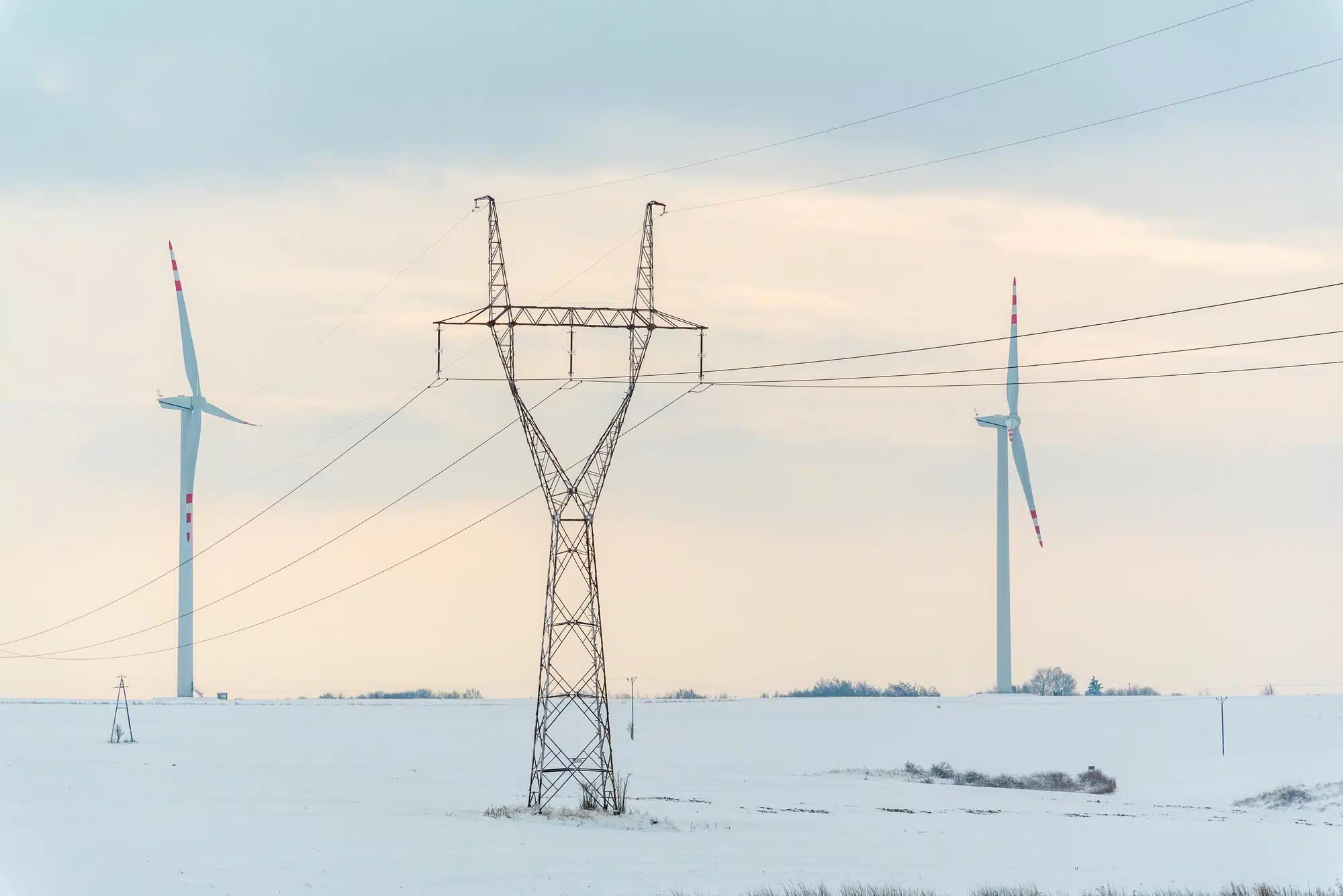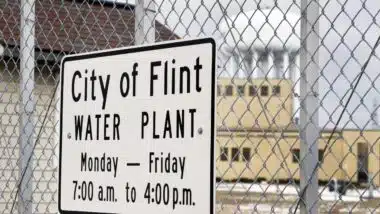
UPDATE:
- On March 16, 2021, the Texas attorney general announced $29 million in forgiveness to Griddy customers for storm-related electricity bills.
- On March 15, 2021, Griddy Energy announced that it was filing for Chapter 11 bankruptcy protection.
Wholesale electric company Griddy has been hit with a class action lawsuit by Texas customers who refuse to be saddled with outrageous electric bills in the wake of recent winter storms.
Lead plaintiff, Lisa Khoury, claims that she and other Griddy customers were sent bills as high as $17,000. She says that her electric bills usually only range between $200 and $250 each month; however, despite her best efforts to reduce her power use during the storm, she allegedly now faces a $9,340 bill from Griddy.
Khoury accuses the company of price-gouging Texans during severe and deadly snowstorms.
“At this point we don’t know how many people might be affected, but there are likely thousands of customers who’ve received these outrageous bills,” an attorney representing the plaintiff said in a news release issued after the lawsuit was filed. “A class action will be the most efficient and effective way for Griddy’s customers to come together and fight this predatory pricing.”
The class action lawsuit accuses Griddy of violating the Texas Deceptive Trade Practices Act with its wholesale pricing scheme. In addition to $1 billion in alleged damages, it is seeking a court order stopping the company from collecting payments on the outrageous electric bills assessed on Texas residents during the storm.
Texas is one of the only states to allow its residents to pick their power company using a “deregulated” system, allowing Griddy and other wholesale electricity companies to exist in the state.
Griddy’s pricing model is based on customers paying “real-time” prices based on wholesale power markets. When the storm put turbines and natural gas out of commission, the company was forced to purchase power from more expensive sources. As a result, Griddy customers were saddled with the surge charges while fixed-rate customers were protected, only having to pay a few cents more.
Indeed, wholesale power companies may be under increased scrutiny after hitting consumers with a price spike amounting to $9 per kilowatt-hour in the aftermath of the 2021 winter storm. Usually, prices are approximately $.12 per kilowatt-hour.
On Feb. 18, Griddy reportedly addressed the surge in its blog, saying that the Public Utility Commission of Texas was to blame for the price spike since it had forced wholesale prices 300 times higher than normal.
“We know you are angry and so are we,” the blog reportedly said. “We intend to fight this for, and alongside, our customers for equity and accountability.”
In the month since the record-breaking storm, Texas Attorney General Ken Paxton secured $29 million in forgiveness for Griddy energy customers hit with outrageous electricity bills. In addition, Paxton reportedly announced that his office will also file legal action against the company over its actions during and after the storm.
In addition, Griddy Energy reportedly filed for Chapter 11 bankruptcy protection in mid-March, referenced by Paxton in his announcement.
“My office sued Griddy Energy, under the Texas Deceptive Trade Practices Act, to hold them accountable for their escalation of last month’s winter storm disaster by debiting enormous amounts from customer accounts as Texans struggled to survive the storm,” said Attorney General Paxton. “I ensured that Griddy’s proposed bankruptcy plan takes an important step forward by offering releases to approximately 24,000 former customers who owe $29.1 million in unpaid electric bills.”
Paxton also said that his office and Griddy were negotiating additional relief for customers who have already paid their bills.
Are you a Texas resident facing an outrageous electric bill? Tell us about it in the comment section below.
The lead plaintiff and proposed Class Members are represented by Derek Potts of the Potts Law Firm.
The Griddy Electric Bill Class Action Lawsuit is Lisa Khoury v. Griddy Energy LLC, Case No. 2021-10004, in the 133rd District Court of Harris County, Texas.
Read About More Class Action Lawsuits & Class Action Settlements:















15 thoughts on$1B Class Action Lawsuit Filed Against Texas Electric Co. Over Outrageous Bills
Add me please
My electric bill was over $6000 for 3 days of service. How do I join this lawsuit??
Same boat ! Overcharged thousands on credit card and used very little when we had power that is . I would like to join the suit!
My credit card account was charged $3179 for 5 days from !# to 19th with no power for 2 1/2 days and no water for over a week. I need help as an 83-year-old senior with no income except SS and the bank racks up interest on the money.
$5669 was automatically deducted from our credit card by Griddy without being informed that Griddy was charging us $9.00 a kwh.